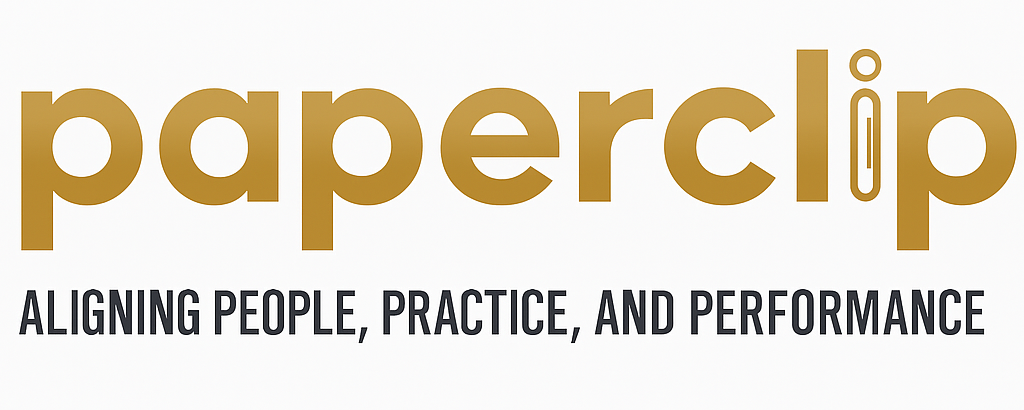What you don’t know about HR can hurt your business
There’s a particular frustration that comes with being an HR [Human Resources] practitioner.
It’s not just the long hours, the endless policy updates, or the delicate balancing act of managing people and business needs. No, the real aggravation comes when someone — often a manager, sometimes even a business owner — casually proclaims: “HR is easy. I know HR. We don’t really need HR for this.”
And then, inevitably, disaster strikes.
A contract is drafted using some random boilerplate template found on the internet, and, surprise — it doesn’t protect the company. Benefits policies are “customised” based on what feels fair, completely disregarding labour laws. Someone decides performance reviews are unnecessary, and the next thing you know, an employee is filing a wrongful termination claim because there’s no documented evidence of their underperformance.
Then, and only then, does HR get the call. “Can you fix this?”
At this point, we’re no longer just HR — we’re crisis management, legal counsel (not really, but might as well be), and clean-up crew, scrambling to undo the damage caused by someone who thought HR was just about hiring, firing, and sending birthday emails.
HR: More than just paperwork and policies
The outdated perception of HR as glorified secretaries still lingers in some organisations. The reality? HR is the backbone of any business that wants to grow, remain compliant, and, frankly, avoid lawsuits.
HR isn’t just about administration; it’s about strategy. We’re talking about:
- Compliance and Risk Management — Understanding and applying employment laws so the company doesn’t end up in legal trouble
- Workforce Planning — Ensuring the right people are in the right roles at the right time
- Compensation and Benefits — Structuring fair and competitive packages to attract and retain talent
- Performance Management — Aligning individual contributions with business goals
- Culture and Engagement — Creating a workplace where people want to work
Every major business decision — hiring, restructuring, layoffs, promotions, policies — has an HR implication. The problem is that many only realise this after things go wrong.
The cost of getting it wrong
Let’s be real: bad HR decisions are expensive. A single misstep in contract drafting, misclassification of an employee, or mishandled termination can cost thousands — sometimes millions — in legal fees, settlements, and lost productivity.
But beyond money, there’s the impact on morale, reputation, and the employer brand. Poor HR practices create toxic cultures, high turnover, and disengaged employees. And when good people leave, they take knowledge, experience, and potential with them.
Signs your company is ignoring HR
How can you tell if your organisation is at risk? Here are some red flags:
- Policies are outdated (or nonexistent)
- Employee contracts are vague or copy-paste templates
- Hiring is done without structured processes
- There’s no documentation for performance issues
- HR is only called in when something goes wrong
If any of this sounds familiar, your business could be walking a dangerous path.
HR needs a seat at the table
Businesses that integrate HR into their planning, decision-making, and administration see fewer problems down the road. The best companies don’t just call HR when they need a problem solved — they involve HR from the start to ensure the problem never happens.
So, the next time someone says, “HR is easy,” or “We don’t need HR involved in this,” remind them: HR is like insurance. You can ignore it when things are going well. But when everything goes to hell, you’re going to wish you had invested in it sooner.
Leveraging HR as a strategic partner
Many business leaders don’t know what strategic HR looks like. To truly harness HR’s power, companies should:
- Involve HR in executive planning meetings to align talent strategy with business goals
- Use HR data and analytics to make informed workforce decisions
- Encourage collaboration between HR, finance, and operations to ensure people-related risks are managed effectively
A well-integrated HR function doesn’t just solve problems — it prevents them, supports business growth, and fosters a strong organisational culture.
The bottom line
HR is not just an administrative function — it’s a strategic necessity. Companies that prioritise HR from the outset minimise risks, foster stronger workplaces, and drive sustainable growth. The cost of getting it wrong can be high, but the value of getting it right is immeasurable.
If you haven’t reviewed your HR policies, contracts, or compliance practices in a while, now is the time. HR isn’t just about solving problems — it’s about preventing them. Make sure your business is protected before you find out the hard way.
Is your organisation proactively managing its HR risks, or will you be calling HR after the damage is done?
